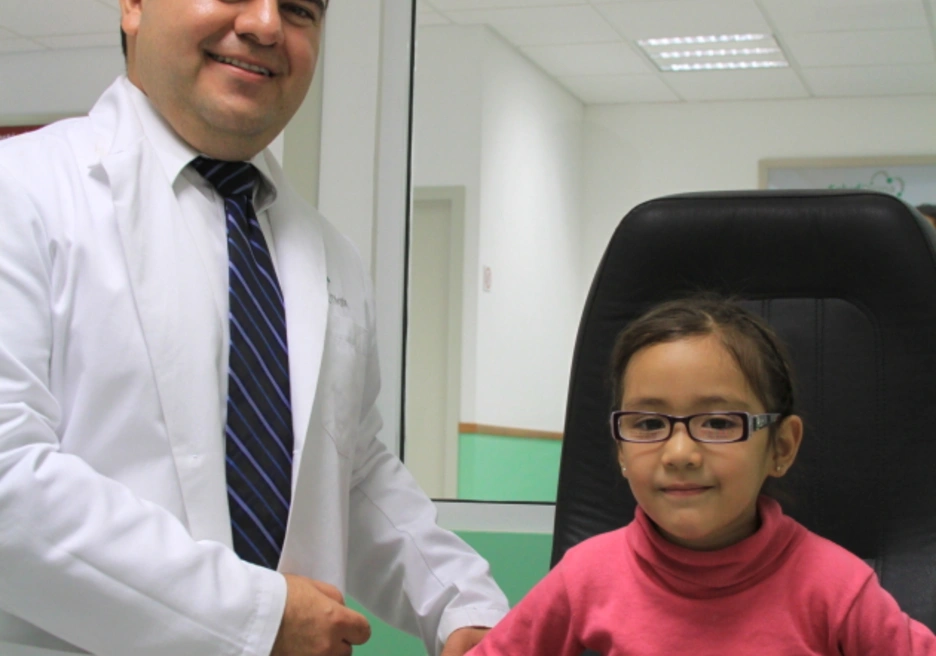Why invest in health?

 IDB is actively supporting private health sector development via loans and guarantees, with IDB financing typically ranging from US$5 million upwards and tenors of about 7-15 years in USD or local currency. Technical assistance or non-reimbursable financing is also sometimes paired with transactions to further innovation, inclusion or social impact. IDB works with private providers of health services (hospitals and clinics), insurance companies, leasing companies, equipment investment funds, and companies that produce equipment, medical supply companies and laboratories.
IDB is actively supporting private health sector development via loans and guarantees, with IDB financing typically ranging from US$5 million upwards and tenors of about 7-15 years in USD or local currency. Technical assistance or non-reimbursable financing is also sometimes paired with transactions to further innovation, inclusion or social impact. IDB works with private providers of health services (hospitals and clinics), insurance companies, leasing companies, equipment investment funds, and companies that produce equipment, medical supply companies and laboratories.
IDB finances healthcare projects with a strong development impact that focus on:
- Development impact - focus on underserved areas and populations
- Improve healthcare quality
- Improve access to healthcare services
- Innovation within the healthcare environment
This is the first of a series of blogs about health and education. I encourage you to stay tuned for future entries that further delve into these exciting and high impact sectors.
LIKE WHAT YOU JUST READ?
Subscribe to our mailing list to stay informed on the latest IDB Invest news, blog posts, upcoming events, and to learn more about specific areas of interest.
Subscribe



